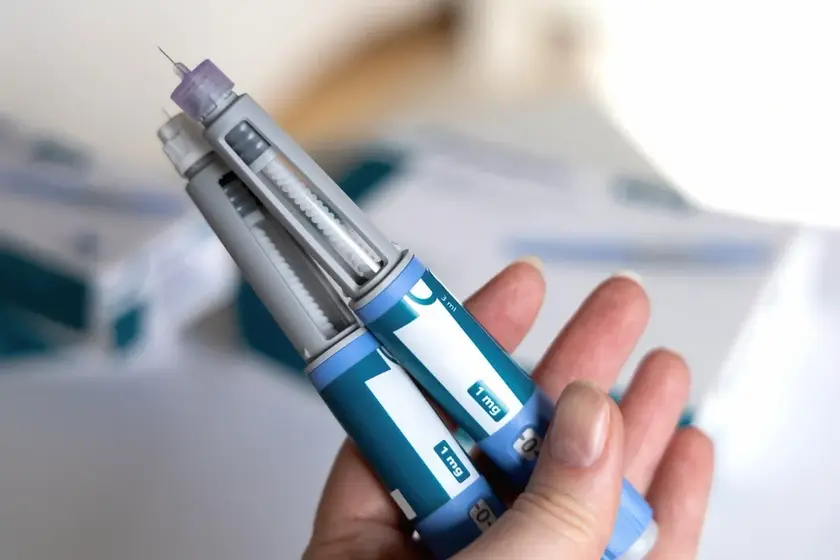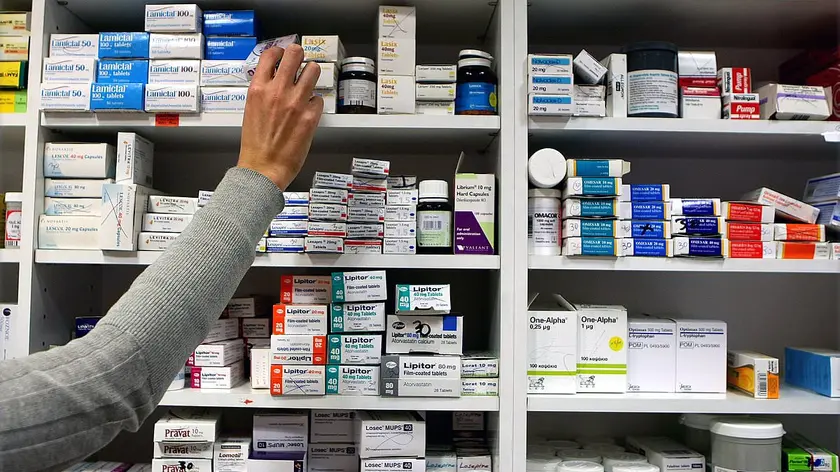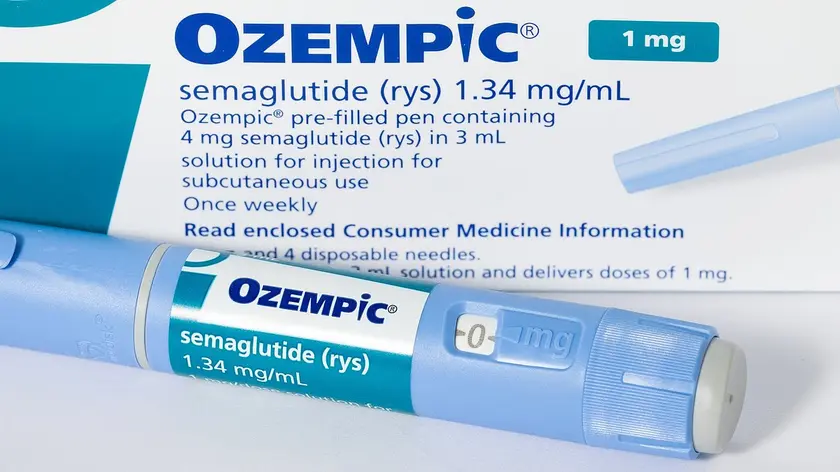T4K3.news
New guidelines issued for weight loss drug patients
Patients must be monitored for at least a year after stopping weight-loss jabs to ensure effective support.

New guidelines emphasize support for weight loss drug patients post-treatment.
Monitoring needed for patients stopping weight loss drugs
The National Institute for Health and Care Excellence (Nice) has issued new guidelines that require patients who discontinue weight loss medications like Wegovy and Mounjaro to receive monitoring for at least a year. This decision arose from concerns regarding the significant number of individuals who regain weight after stopping these treatments. Approximately 1.5 million people in the UK are using these drugs, often at considerable monthly costs. Those receiving treatment through the NHS are now expected to receive structured support aimed at helping them maintain their weight loss. The guidelines stress the importance of establishing long-term behavioral habits and suggest various supportive measures, including community groups and individual check-ins. Health officials recognize that without sufficient support, many patients risk substantial health setbacks, highlighting a critical phase in their treatment journey.
Key Takeaways
"Successful weight management doesn’t end when medication stops."
Professor Jonathan Benger highlights the importance of ongoing support after treatment.
"Weight management is a long-term journey, not a short-term fix."
Dr Rebecca Payne emphasizes the need for sustained efforts after medication.
"There is no one-size fits all approach to tackling obesity."
Professor Kamila Hawthorne stresses the importance of personalized care in obesity treatment.
"Patients need to make long term lifestyle changes to make their weight loss sustainable."
Henry Gregg underlines the necessity of lifestyle modifications beyond medication.
The new guidelines from Nice reflect a growing understanding of obesity as a chronic condition requiring ongoing management rather than a simple short-term issue. With obesity linked to higher medical costs and serious health risks, the emphasis on support after stopping medications can lead to better long-term outcomes for patients. Commentary from health professionals underscores that while medications can play a significant role in weight management, they are not a standalone solution. The risk of weight regain post-treatment is significant and warrants a systemic approach to education and support, aiming to prevent future healthcare expenditures related to obesity-related illnesses.
Highlights
- Structured support is vital for long-term weight management success.
- Weight loss drugs are not a silver bullet for obesity.
- Long-term habits are key to maintaining weight loss after treatment.
- A holistic approach is necessary for effective obesity management.
Concerns over weight regain and healthcare costs
The increased potential for weight regain among patients who stop medications poses risks for public health and healthcare costs. Addressing these needs might place additional strain on NHS resources. This approach interacts with budgetary considerations in the healthcare system.
This approach may reshape how healthcare deals with obesity management in the UK.
Enjoyed this? Let your friends know!
Related News

Patients face challenges in accessing Mounjaro and Wegovy on the NHS

Weight loss jab warning for surgeries

Mother suffers burst appendix after taking weight loss drug

Ozempic Linked to Muscle Loss in New Study

GLP-1 drugs show potential for PCOS treatment

Weight-loss drugs linked to increased eating disorders in the US

Growing panic among Mounjaro users due to shortages

Research reveals muscle loss linked to Ozempic use
